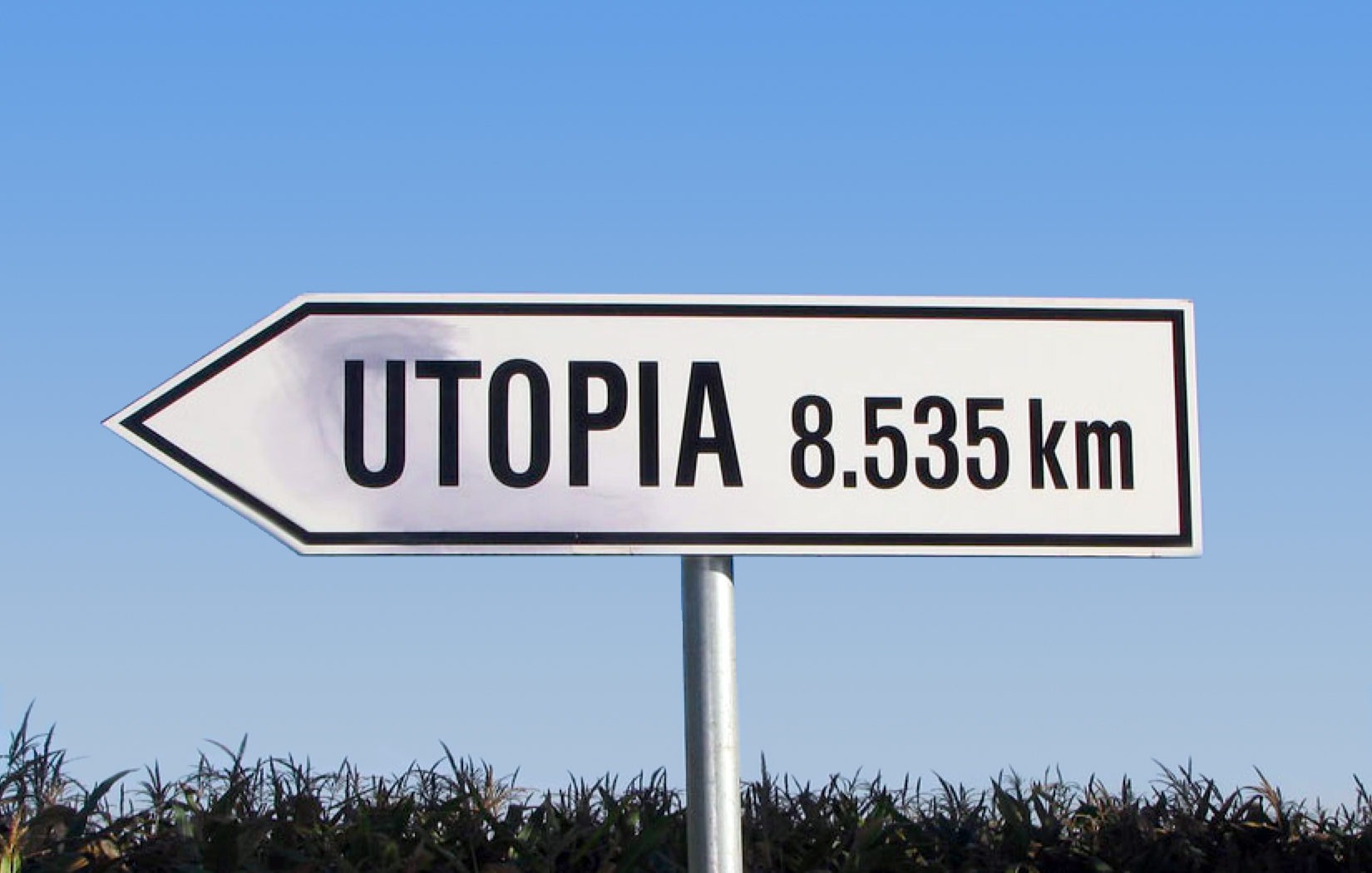Instructor Rob Ogman
A self-directed flex course, with all readings and lecture recordings provided.

Rethinking Social Transformation is a five-session online seminar taught by ISE faculty Rob Ogman that explores the challenges and possibilities of linking emancipatory vision to practical political engagement in the current historical context.
The course brings Social Ecology into conversation with a variety of thinkers and traditions, comparing dialectical versus conventional thought via Ernst Bloch and Murray Bookchin, exploring the potentialities for change in specific historical moments with Karl Marx and Karl Polanyi, reading Gramsci and Poulantzas on the relationship of capitalism and the state, and discussing political strategy through the work of Rosa Luxemburg and David Harvey.
Course overview
The first session explores dialectical thinking as an alternative to static forms of conventional reason. It discusses the ideas of Murray Bookchin and Ernst Bloch regarding the difference between dialectical thinking and instrumental or utilitarian logic.
The second session brings dialectical thinking to bear on the topic of historical change. It charts the transformations that occur between historical periods, focusing on how potentialities within one conjuncture are nurtured, develop, and are eventually actualized in the birth of a new social order. This discussion is informed by selected readings by Marx, Bookchin, and Karl Polanyi.
The third session applies this dialectical analysis of historical development to our contemporary context by considering capitalism as a conflicted and contradictory form of society. This will involve reflecting on the progress of struggles for emancipation, unfulfilled potentialities in the present, and the specific limitations which constrain these liberatory developments. It addresses Bookchin’s ideas of democracy and statecraft, freedom and unfreedom, universalism and particularism, among other topics. We also engage with Gramsci’s idea of hegemony to consider how such contradictions are held together, and Poulantzas’ idea of ‘compromise’ to reflect on how one may go beyond current disequilibriums.
The fourth session centers questions of political strategy and agency, discussing the possibilities and limitations of action via selections from Rosa Luxemburg’s classic essay ‘Reform of Revolution?’ Enriched by Gramsci’s Prison Notebooks, we explore the problems of both ‘determinist’ and ‘voluntarist’ conceptions of agency, and imagine going beyond the utopia/pragmatism binary via Luxemburg’s notion of ‘revolutionary Realpolitik.’
The final session makes this discussion more concrete by considering strategy in the context of urban spaces today, agency in terms of (universal) citizenship, and freedom in terms of expanding democratic popular self-governance. The discussion will interrogate the contemporary activist turn towards ‘municipalism’ through readings of Bookchin’s libertarian municipalism as well as David Harvey’s discussion of the right to the city.


